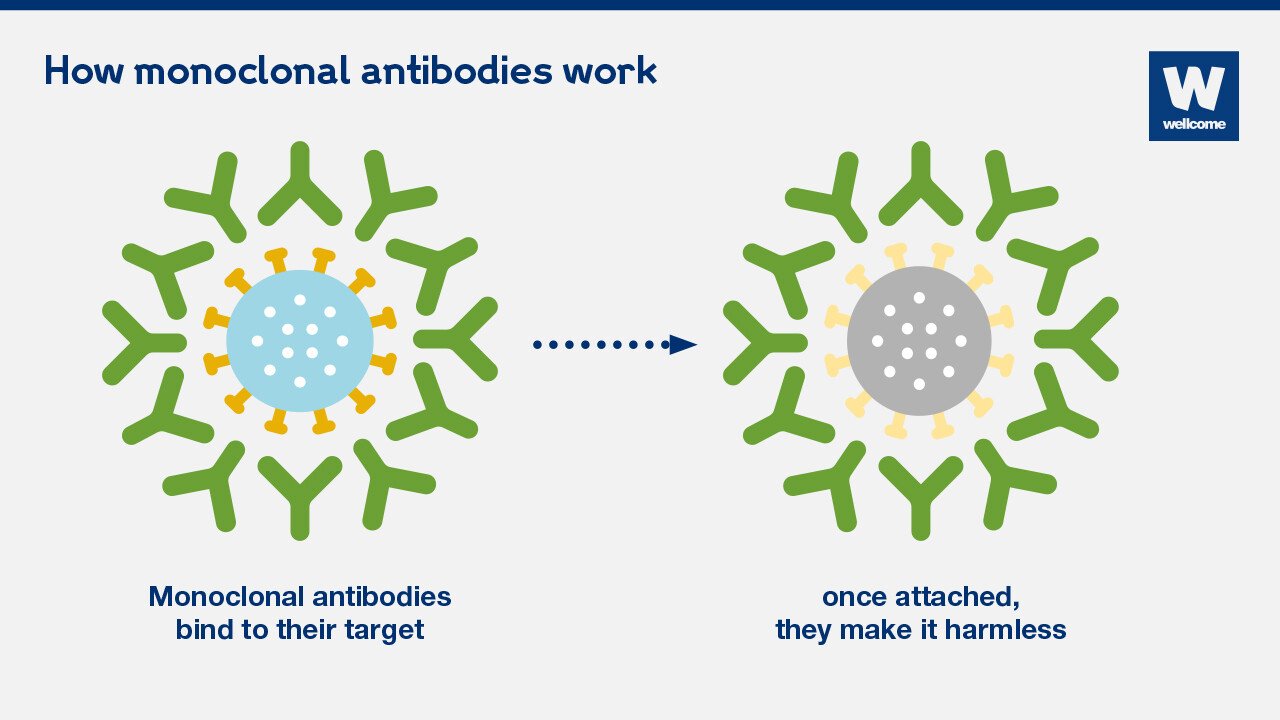
Babies are born with an immature immune system, making them more susceptible to infections and diseases. However, their bodies have the ability to produce antibodies that help protect them from illnesses. But when does a baby develop antibodies?
Table of Contents
Antibodies in the womb
Believe it or not, babies start developing antibodies before they are even born. While in the womb, a baby receives antibodies from their mother through the placenta. These antibodies help protect the baby against certain infections during their first few months of life.
The types of antibodies a baby receives from their mother depend on the mother’s own immune system. For example, if the mother has had chickenpox, her body will have produced antibodies to fight the virus. These antibodies will then be passed on to the baby in the womb, providing some protection against chickenpox for the first few months of life.
Antibodies in breastmilk
Breastmilk also contains antibodies that help protect a baby from infections. These antibodies are produced by the mother’s immune system in response to the specific infections she has been exposed to.
When a baby breastfeeds, they receive these antibodies along with the milk. The antibodies help protect the baby from infections until their own immune system is mature enough to produce its own antibodies.
When does a baby start producing their own antibodies?
Babies start producing their own antibodies around 2-3 months of age. This is when their immune system becomes more mature and is able to respond to infections.
However, it can take several months for a baby’s immune system to fully mature, so they may still be more susceptible to infections during their first year of life.
How can you boost a baby’s immune system?
While a baby’s immune system is still developing, there are things you can do to help boost their immunity:
- Make sure they are getting proper nutrition
- Ensure they are getting enough sleep
- Practice good hygiene
- Keep them away from sick people
- Consider getting them vaccinated
By taking these steps, you can help protect your baby from infections and give their immune system a boost.
Conclusion
Babies start developing antibodies before they are born, with the help of their mother’s immune system. They continue to receive antibodies through breastmilk, and start producing their own antibodies around 2-3 months of age. While a baby’s immune system is still developing, it is important to take steps to help boost their immunity and protect them from infections.
Frequently Asked Questions
Q: Can a baby’s immune system be too strong?
A: Yes, in some cases a baby’s immune system can overreact and cause allergies or autoimmune disorders. It is important to talk to your healthcare provider if you have concerns about your baby’s immune system.
Q: How long do the antibodies from breastmilk last?
A: The antibodies from breastmilk can last for several weeks or months after breastfeeding has stopped.
Q: What are some signs that a baby may have a weak immune system?
A: Some signs of a weak immune system in a baby include frequent infections, slow healing of wounds, and failure to thrive.
Q: Can a baby’s immune system be boosted by supplements?
A: While some supplements may claim to boost a baby’s immune system, there is little scientific evidence to support these claims. It is best to focus on proper nutrition and good hygiene practices to help boost a baby’s immunity.
Q: When should a baby start getting vaccinated?
A: The recommended vaccination schedule for babies starts at 2 months of age. Talk to your healthcare provider about which vaccines are recommended for your baby.
